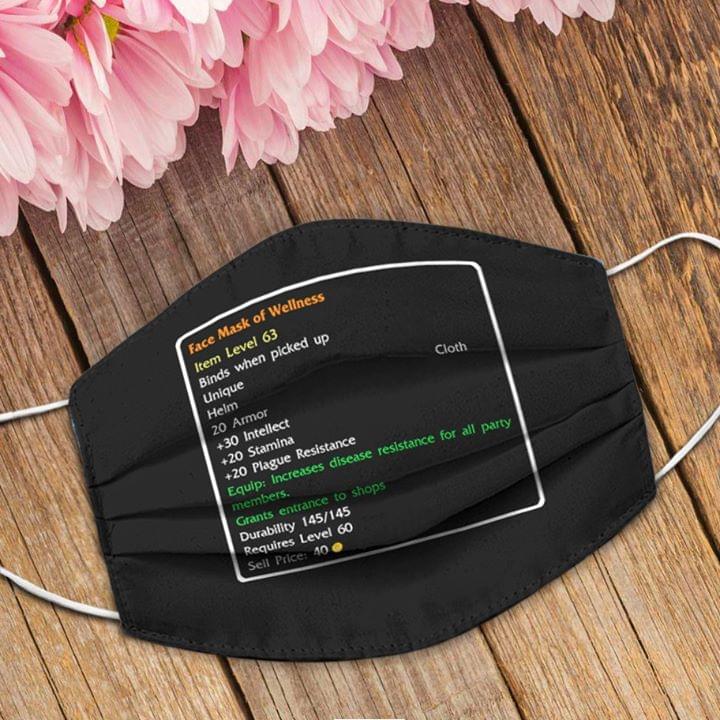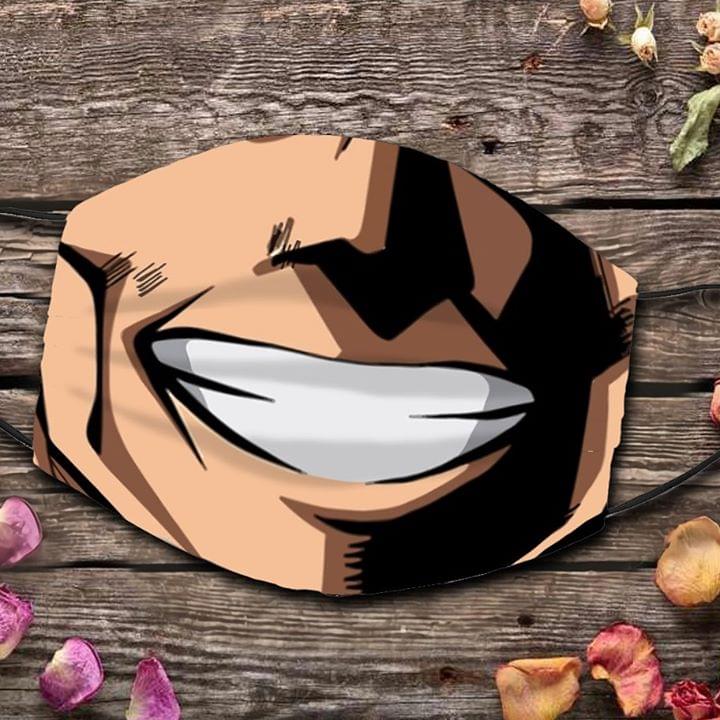 ✅ Printed in the USA
✅ Printed in the USA
✅ High-quality
✅ Order at amazon.com
BUY THIS PRODUCTS FROM AMAZON.COM HERE
No Matter How Old I Am I Still Get Excited Everytime I See Tigers Shirt
———————————————————————
No Matter How Old I Am I Still Get Excited Everytime I See Tigers Shirt
Monday’s headlines brought promise. Within months, the president predicted, there would be enough vaccines for every adult American. Cases dipped, though Floridians were still dying — 150 reported on March 1 alone. The day marked a year since the Sunshine State confirmed its first case of COVID-19. For all of the collective despair and change, the disease had struck in profoundly individual ways. Everyone has lost something. Most are still bruised and exhausted. Some have found a shard of hope. We spent Monday with five people: A grieving mother, a tired teacher, an optimistic outfitter, a frustrated florist and a woman still struggling to recover. Lingering Sorrow Three beeps. The coffee is ready. Peggy Jagars fixes a cup, creamer and Sweet and Low, then sits at the head of her dining room table. She can feel pressure, by now familiar, in the back of her throat. Six months have passed since she put an obituary for her son in the local newspapers: Joseph “Chuck” Fernandez, 53, dead of the coronavirus. His face is in many of Peggy’s pictures — on the fridge, atop the piano, in the entertainment center near the box with his ashes. In them, he’s always smiling. Peggy still hasn’t been able to hold a memorial, to say goodbye. She can’t imagine calling their big, Hispanic family together and not sharing food or hugs. Still too dangerous. It’s just after 8 a.M., March 1; today would have been Chuck’s birthday. Peggy, 74, would have hung a paper banner over the door. She and her husband, Bud, in another year, would have taken him to the Strawberry Festival for shortcake. Mondays are already the hardest because her son died on a Monday, a morning when she had planned to bring him coffee. He had been hospitalized for weeks. She calls it having “Chuck on the brain,” the hours when she can’t seem to corral her thoughts.
Peggy sips her coffee slowly, in a room of soft wallpaper and wood-grain accents, in her home of 40 years. The table is where she used to feed her son, spreading a quilt over the floor to catch spills. Chuck had cerebral palsy. He spent his days in a wheelchair and communicated using a handful of words, signaling with yeses and nos. Mark, Chuck’s younger brother, walks from his house next door, past the shimmering pool and through the glass door. By then, Peggy is standing, suddenly sobbing. She presses her head to her son’s chest. “I know, I know,” Mark says, rubbing her back. “I miss him,” she cries. “I miss him.” They see Chuck everywhere. Bobbing around the pool in the backyard as a kid, shaking his head when Mark’s children did something silly, drinking rum and coke — his favorite — through a straw. Peggy can’t bring herself to move the wheelchair ramp at the front door. Before leaving for work, Mark tells his mother to find something to do, a distraction. She usually goes out to the yard, where there’s always a project across their 2.5 acres in Brandon. Late morning, Peggy is coiling hoses near the driveway, by the corner with an etching from when it was just poured: Chuck 10-10-88 She trims the orchids, the lime tree, the ivy, her face shining. Both vaccinated, she and Bud, 93, are venturing out, testing what it feels like to eat at restaurants. She got the coronavirus, too, after being around Chuck. Once she recovered, Peggy was able to see him in the hospital. She was there the second he was born, Bud says now, and the second he died.
Visit our Social Network: Pinterest, Blogger, and see more at our collection.





